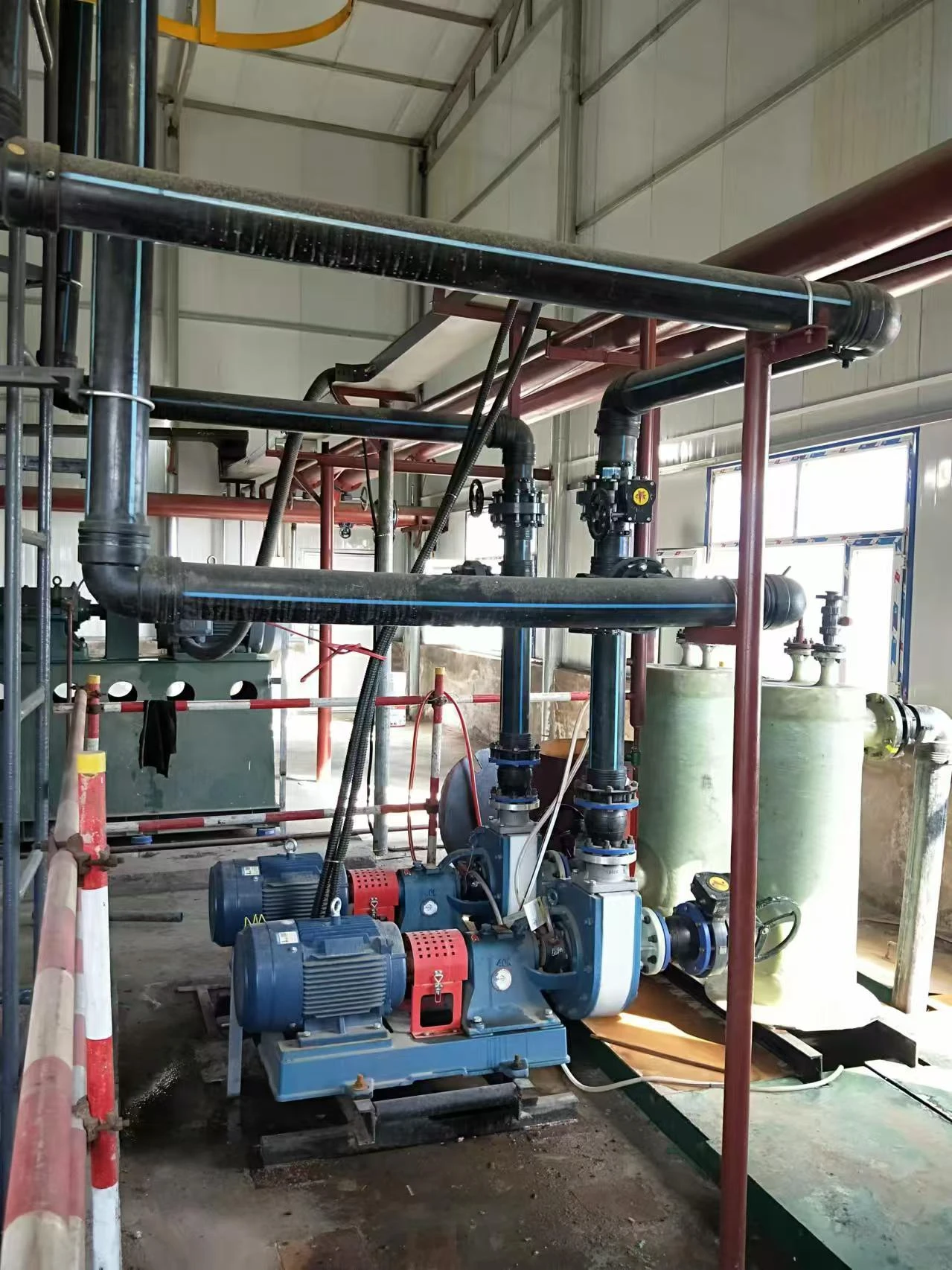
Dec . 16, 2024 20:15 Back to list
Optimal Temperature Settings for Hot Water Boilers in Residential Heating Systems
Understanding Hot Water Boiler Temperature Settings
Hot water boilers play a crucial role in residential and industrial heating systems, providing comfort and warmth throughout chilly months. One critical aspect of maintaining a hot water boiler is understanding its temperature settings. Proper temperature management not only enhances efficiency but also extends the life of the boiler and ensures safety. In this article, we will explore the importance of setting the right temperature on a hot water boiler, the recommended settings, and the factors influencing those adjustments.
Importance of Temperature Settings
The temperature setting on your hot water boiler affects the efficiency of the heating system. If the temperature is set too high, it can lead to excessive energy consumption, increasing utility bills and causing wear and tear on the boiler system. Conversely, setting the temperature too low may not adequately heat your space, leading to discomfort and potential freezing of pipes in colder environments. Therefore, finding the right balance is essential for energy efficiency and optimal heating.
Recommended Temperature Settings
In general, the recommended temperature setting for a hot water boiler is around 180 degrees Fahrenheit (82 degrees Celsius) for heating water. This setting is often deemed efficient for residential heating systems, providing adequate warmth while minimizing energy use. However, specific applications may require adjustments.
For instance, if the hot water is primarily used for radiators, maintaining the 180-degree setting is usually sufficient. However, if you are storing hot water for domestic use—like in a hot water tank—consider lowering the temperature to about 140-160 degrees Fahrenheit (60-71 degrees Celsius). This range is hot enough to prevent the growth of harmful bacteria, such as Legionella, while also ensuring safety to prevent scalding risks, especially in households with children.
Factors Influencing Temperature Adjustments
Several factors can influence how you set your hot water boiler’s temperature
hot water boiler temperature settings

1. Climate In extremely cold climates, you may need to increase the temperature setting to adequately heat the spaces. Conversely, milder climates might allow for lower settings.
2. Building Insulation Well-insulated homes retain heat more effectively, allowing for lower temperature settings compared to poorly insulated structures.
3. Usage Patterns If hot water demand fluctuates significantly throughout the day, you may need to adjust settings accordingly. For instance, if most hot water usage occurs in the morning, increasing the temperature earlier in the day might be necessary.
4. System Type Different boiler systems (such as combi boilers vs. traditional boilers) may have specific temperature requirements based on their design and purpose.
5. Local Regulations Always consider any local regulations regarding hot water temperature settings, as these can dictate minimum or maximum allowable limits for safety reasons.
Safety Considerations
Safety is paramount when operating a hot water boiler. Setting the temperature too high can pose scalding risks, particularly to vulnerable individuals, such as young children and the elderly. The Consumer Product Safety Commission recommends setting residential water heaters at a maximum of 120 degrees Fahrenheit (49 degrees Celsius) to prevent burns.
Conclusion
Properly managing the temperature settings on your hot water boiler is a vital aspect of home and building maintenance. It enhances energy efficiency, prolongs boiler life, and ensures safety while meeting heating needs. Understanding the general recommended settings and factors affecting those settings enables homeowners and facility managers to make informed adjustments, promoting comfort and responsible energy use. Always consult your boiler’s manual for specific recommendations tailored to your system, and consider consulting with a heating professional for personalized advice. With the right temperature setting, you can enjoy the warmth of a well-functioning boiler while minimizing your energy footprint.
-
High-Efficiency Commercial Oil Fired Steam Boiler for Industry
NewsJul.30,2025
-
High-Efficiency Biomass Fired Thermal Oil Boiler Solutions
NewsJul.30,2025
-
High Efficiency Gas Fired Thermal Oil Boiler for Industrial Heating
NewsJul.29,2025
-
High-Efficiency Gas Fired Hot Water Boiler for Sale – Reliable & Affordable
NewsJul.29,2025
-
High Efficiency Biomass Fired Hot Water Boiler for Industrial and Commercial Use
NewsJul.29,2025
-
High-Efficiency Biomass Fired Hot Water Boiler for Industrial Use
NewsJul.28,2025
Related PRODUCTS






















